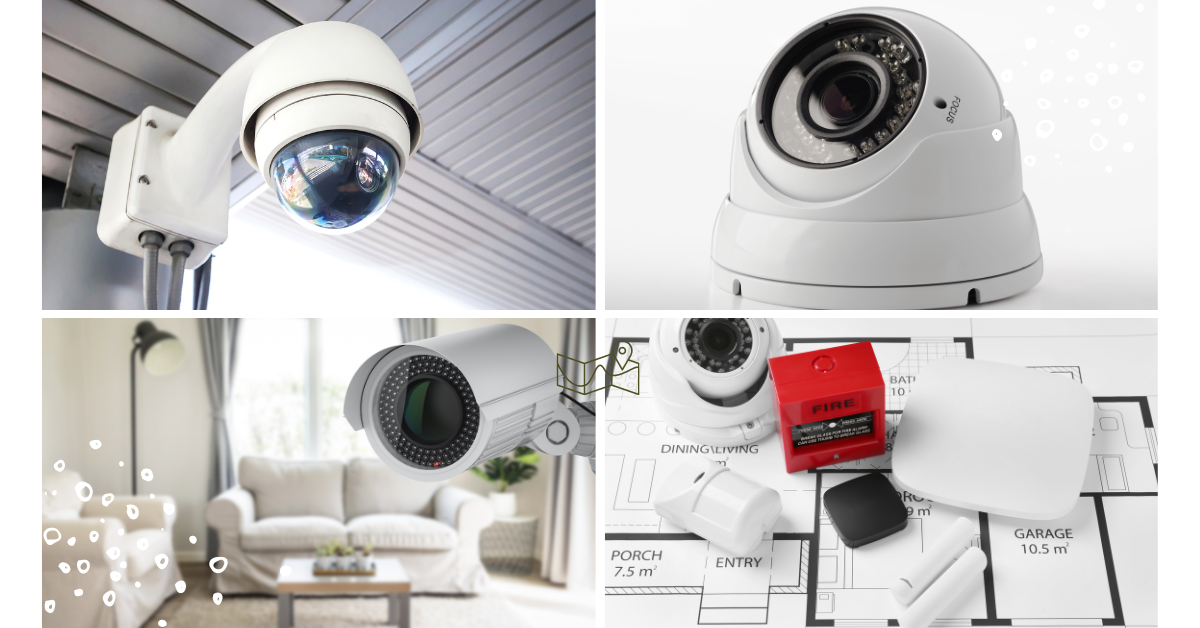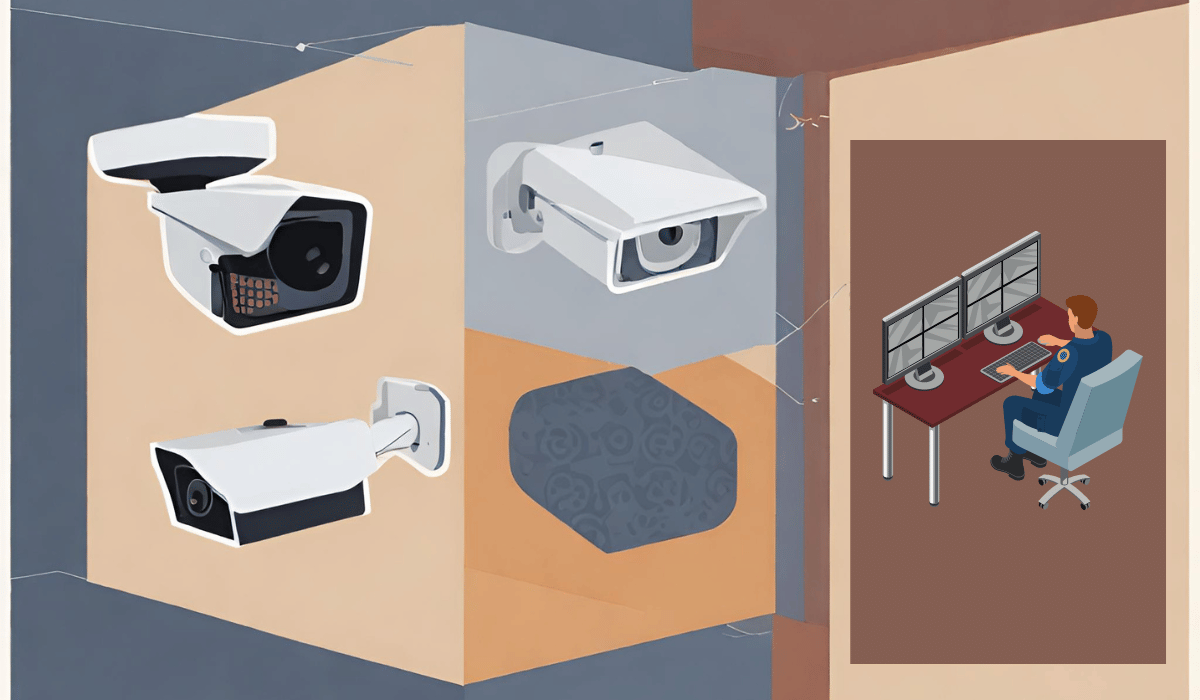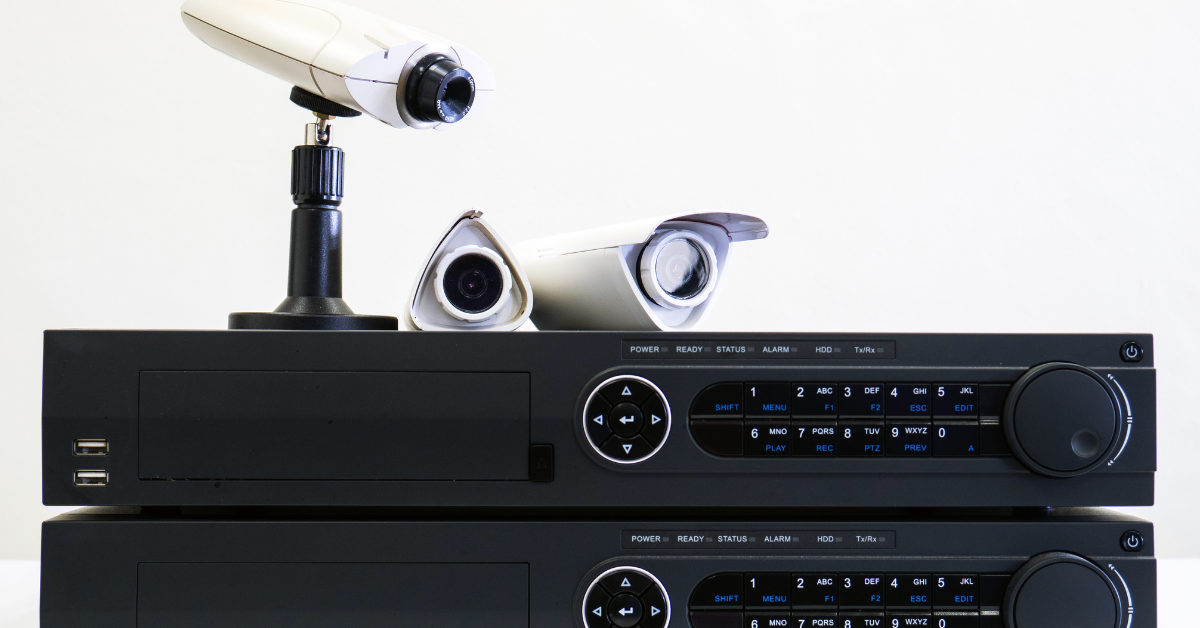The amount of data needed per month for security cameras varies based on several factors, including the camera’s resolution, frame rate, compression settings, and whether it’s recording constantly or only when motion is detected.
Are you curious about how much data per month is enough for security cameras? As surveillance becomes crucial to our daily lives, understanding data usage becomes paramount. Security cameras are essential tools for ensuring safety and accountability, but their functionality can hinge on the data they consume. So, let’s dive right into this topic!
The Importance of Security Cameras
Security cameras serve as silent sentinels, protecting our homes, businesses, and public spaces. They deter crime, document events, and provide peace of mind. They’ve truly become integral to modern security strategies.
Types of Security Cameras and Their Data Usage

Different types of security cameras use data differently, and understanding this can help you make an informed choice.
- Dome Cameras: These are commonly used in retail stores and are called “dome cameras” because of the dome-shaped housing in which they are installed. These cameras use varying amounts of data, primarily depending on their resolution and whether they constantly stream video or only when motion is detected.
- Bullet Cameras: These are long and cylindrical, ideal for long-distance viewing. They’re used in locations where a more concentrated field of view is needed, and data usage depends on the same factors as dome cameras.
- PTZ Cameras: PTZ (pan-tilt-zoom) cameras offer the ability to pan, tilt, and zoom, which makes them great for surveillance of large areas. They often have high resolution and frame rates, which means they can use significant amounts of data.
Understanding Data Usage in Security Cameras
Data usage in security cameras measures the digital information captured and transmitted by the camera. It includes video footage, audio, if applicable, and other associated metadata. The amount of data a camera uses can impact its effectiveness and operating cost.
How Much Data Does a Security Camera Use?
A frequently asked question about security cameras is about their data consumption. It’s essential to understand that several factors contribute to the amount of data your security camera might use.
Factors Influencing Data Usage

Resolution
The resolution of the security camera significantly impacts the amount of data it uses. Higher-resolution cameras produce clearer images but also consume more data.
Frame Rate
Frame rate, measured in frames per second (FPS), also affects data usage. More frames mean smoother video but increased data.
Compression
Compression technology can reduce data usage by shrinking the size of the video file without dramatically affecting image quality.
Streaming vs. Motion Activated Recording
Constant streaming uses more data than motion-activated recording. Many cameras’ feature settings allow them to record only when motion is detected, saving considerable data.
Effect of Audio on Data Usage
While video takes up the lion’s share of data usage, audio also contributes to it. Cameras with two-way audio features, enabling communication between the operator and the person in front of the camera, may use more data than cameras without this feature. Moreover, the quality of audio (such as high-definition audio) can also impact the data usage.
Data Management and Storage Solutions

Managing the data from your security camera is as essential as understanding how much it uses.
Local Storage
Some cameras store data locally on an SD card or hard drive. This method doesn’t require the internet, saving on data usage, but has limited storage capacity.
Cloud Storage
Cloud storage solutions upload footage to a remote server, which can consume significant data, especially if the camera is recording continuously. However, cloud storage offers unlimited storage space and easy access to recordings.
Hybrid Storage Solutions
Some security cameras use a combination of local and cloud storage. These cameras record footage locally and upload it to the cloud only when necessary, offering a balance of data usage and storage convenience.
How to Optimize Data Usage?
Optimizing data usage involves striking a balance between the quality of surveillance and the amount of data consumed. By adjusting the camera’s settings, like resolution and frame rate, and using motion detection, you can significantly reduce the data used by your security cameras.
Frequently Asked Questions
What resolution should I set for my security camera to minimize data usage?
Lower resolutions consume less data but consider the image quality necessary for your surveillance needs.
Does audio recording on security cameras consume more data?
Yes, audio in recordings will increase data usage, though video is less significant.
Are there security cameras that use less data?
Some cameras have settings that can reduce data usage, like lower resolution, frame rate, or motion-activated recording.
Does using a security camera affect my internet speed?
Yes, if your camera uploads footage to the cloud, it can impact your internet speed, particularly if you have multiple cameras or a low bandwidth connection.
How can I reduce the data usage of my security cameras?
You can reduce data usage by adjusting settings like resolution and frame rate, using motion detection, and considering local or hybrid storage solutions.
Conclusion
Understanding how much data your security cameras use and how to manage it effectively is crucial in today’s data-driven world. Considering the abovementioned factors, you can ensure your security cameras are efficient and cost-effective.
